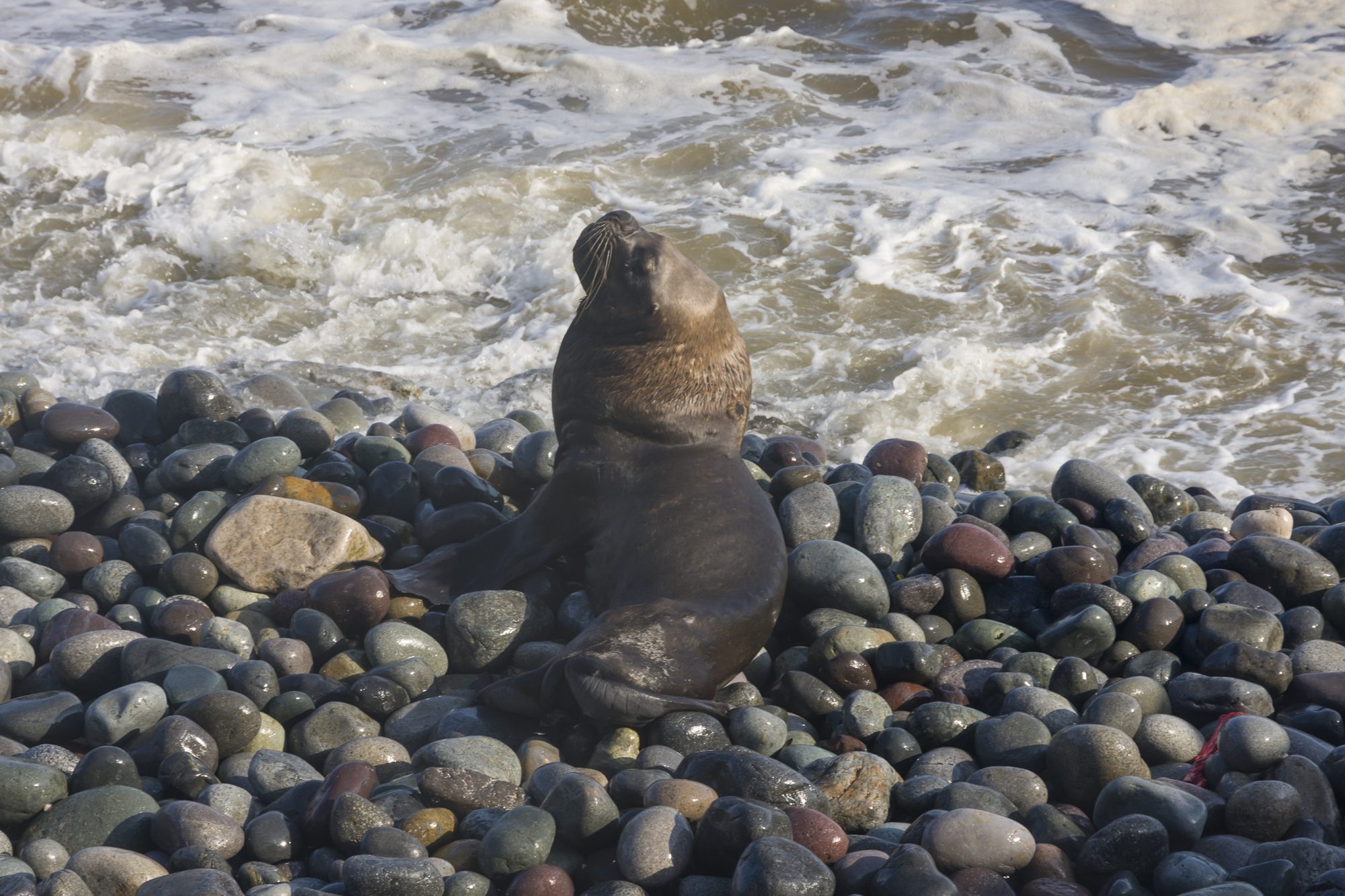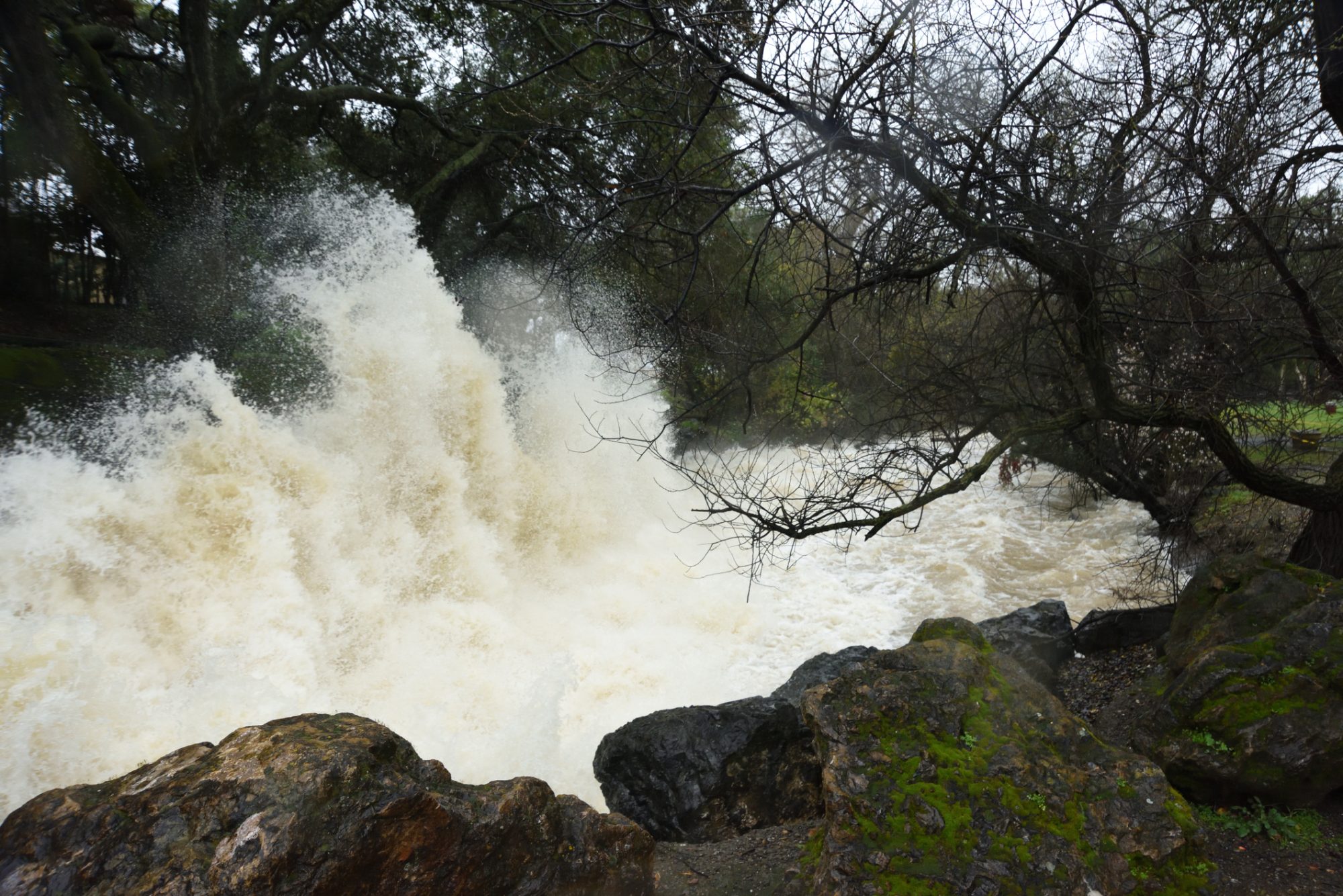Marine heatwave forecasts could potentially provide up to one year’s notice of changes to ocean temperatures, predicting effects on ecosystems
Sudden, pronounced increases in ocean temperatures can drastically alter ocean ecosystems – to calculate the damage these outcomes, scientists use marine heatwave forecasts.
These forecasts could potentially alert industries and governments which are responsible for global food security, helping fishing fleets, ocean managers, and coastal communities anticipate the effects of marine heatwaves.
“A key advance toward improved climate adaptation and resilience for marine-dependent communities around the globe.”
For instance, during one heatwave known as “the Blob” from 2013 through to 2016, the northeast Pacific Ocean shifted in fish stocks, harmful algal blooms, entanglements of endangered humpback whales, and thousands of starving sea lion pups washing up on beaches.
Using this technology, the forecasts control global climate models to predict the likely emergence of new marine heatwaves.
Extremely warm waters have caused bleaching and mass mortalities of corals
Published in the journal Nature, the study explains that marine heatwaves gained notoriety following “the Blob”, which has affected the California Current Ecosystem since 2014.
This marine heatwave had a vast ecological impact – including instances of whales’ prey being concentrated unusually close to shore, and severe blooms of toxic algae along the coast delaying the opening of the valuable Dungeness crab fishery.
As humpback whales moved closer to shore to feed in some of the same waters targeted by the crab fishery, when fishermen tried to make up for lost time after the delay by deploying additional crab traps, whales became entangled in record numbers in the lines attached to crab traps.

Vital to food security, healthy oceans keep marine life operating and regulated. The destruction of ecosystems through a warming planet has direct impacts not only to the economy, but human health itself.
Another connection marine heatwaves have to the West Coast is a northward shift in California market squid, affecting one of California’s largest commercial fisheries.
Fish declines cause global fishery losses of up to millions of dollars
To tackle this problem, NOAA Fisheries scientists developed a Marine Heatwave Tracker that monitors the North Pacific Ocean for signs of marine heatwaves.
These forecasts can anticipate where marine heatwaves are likely to emerge in upcoming months, and how long they are expected to last – giving researchers estimates on the ecological and economic impact they may have.
The researchers called the forecasts a “key advance toward improved climate adaptation and resilience for marine-dependent communities around the globe.”
The forecasts cannot predict marine heatwaves as far in advance in regions such as the Mediterranean Sea, or off the U.S. East Coast. The atmosphere and ocean fluctuate more rapidly in these areas.
The forecasts provide the greatest foresight in areas with known ocean-climate patterns such as the Indo-Pacific region north of Australia, the California Current System, and the northern Brazil Current.
Lead author Michael Jacox, a research scientist at NOAA Fisheries’ Southwest Fisheries Science Center, said: “We have seen marine heatwaves cause sudden and pronounced changes in ocean ecosystems around the world, and forecasts can help us anticipate what may be coming. This is a really exciting way to use existing modeling tools in a much-needed new application.”
El Niño is likely the world’s most prominent marine heatwave
Perhaps the most notorious marine heatwave is El Niño, the warm ocean temperature phase of the Southern Oscillation, which is a famous climate recurring pattern seen in the Pacific Ocean.
El Niño demonstrates that the heatwaves themselves are not new – but are increasing in intensity and can threaten more ecosystems than before.

The researchers finalised by stating that managers of fisheries and other marine life must weigh their reaction to predicted marine heatwaves based on the potential consequences.
For instance, they would need to weigh the economic costs of limiting fisheries ahead of a marine heatwave against the risk of inadvertently entangling endangered whales or sea turtles.
Elliott Hazen, a research ecologist at the Southwest Fisheries Science Center and coauthor of the research, said: “Extreme events in concert with increasing global temperatures can serve as a catalyst for ecosystem change and reorganization.
“While marine heatwaves can have some unanticipated effects, knowing what’s coming allows for a more precautionary approach to lessen the impact on both fisheries and protected species. Understanding the ocean is the first step towards forecasting ecological changes and incorporating that foresight into decision-making.
“We’re talking about the difference between making informed choices and reacting to changes as they impact ecosystems. That is always going to be a balance, but now it is a much more informed one.”











